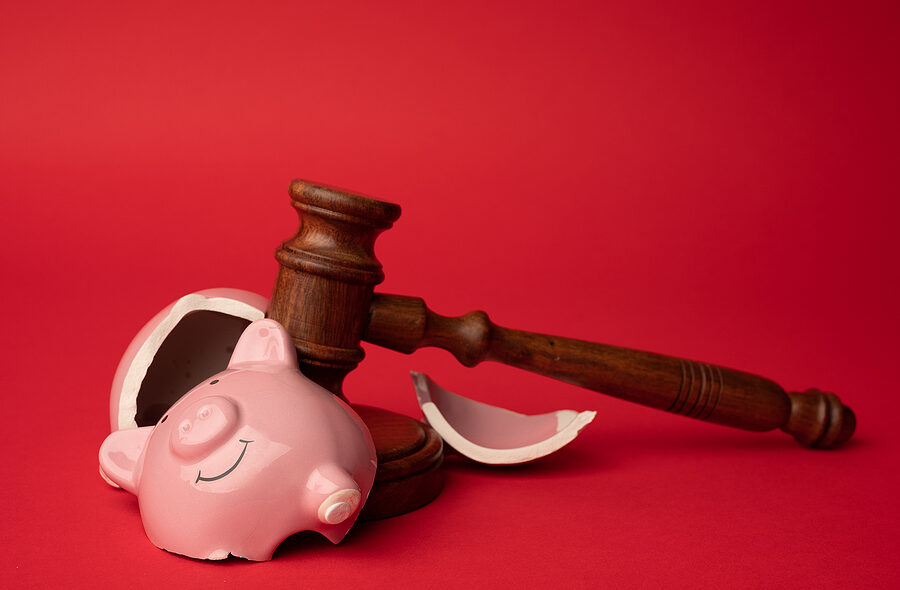One of the biggest benefits of bankruptcy is the discharge of debt that comes with the successful close of a case. These debts are erased and wiped clean in bankruptcy, and the filer can walk away with a fresh financial start. However, what happens if a debt collector continues to try and collect on a debt that has otherwise been discharged?
The good news is the consumer has several defenses to help him or her in the event this does occur. For one, the consumer can report the debt collector to the bankruptcy court for violation of the order to not collect on the discharged debt. If the collector is found to have violated the court’s order, they may pay assessed fines, as well as the consumer’s damages and attorney’s fees for having to defend the claim.
Another defense is the Fair Debt Collection Practices Act (FDCPA). The FDCPA protects consumers against misrepresentation of the status of debt and expressly prohibits debt collectors from making any misrepresentations regarding the status of a debt. Therefore, if the collector is attempting to argue that the debt is, in fact, collectible and is trying to fool the consumer into believing this, the collector may be in violation of the FDCPA.
Some collectors will try any tactic possible to fool consumers into paying on a debt that is not collectible, and the following tricks should be seen as red flags if a consumer receives a communication stating one or more of the following:
- Communication written vaguely so as to not state that the person is responsible for the debt but inviting him or her to “settle” the account by paying only a fraction of what is owed;
- Letters or phone calls claiming that the debt collector is not bound by the discharge order since they, as the collector and not the original creditor, were not included in the original schedule of creditors provided in the bankruptcy case, and
- Reporting discharged debts to credit bureaus with the hope that the consumer will pay the debt to have the account removed from his or her credit report.
It should be noted that a debt that is discharged may still appear on a consumer’s credit report, but the account should have a note along with it stating that the debt was discharged and should not carry a balance.
Creditors should be aware of the discharge order. Once the bankruptcy case is complete, the bankruptcy court will send all parties, including creditors, a copy of the debt discharge notice, which will inform the creditors that the debts owed to them have been discharged and that they should no longer be able to collect upon them. Creditors are also warned in this notice that they will be held in contempt of court if they continue to try to collect on the debt. Creditors are even said to have received notice and be bound by it if the court clerk overlooks sending the notice to any specific creditor, thus avoiding the lack of notice as a defense on the part of the collector.
Please click here to read more.
If you have questions on this topic or are in financial crisis and considering filing for bankruptcy, contact an experienced Miami bankruptcy attorney who can advise you of all of your options. As an experienced CPA as well as a proven bankruptcy lawyer, Timothy Kingcade knows how to help clients take full advantage of the bankruptcy laws to protect their assets and get successful results. Since 1996 Kingcade Garcia McMaken has been helping people from all walks of life build a better tomorrow. Our attorneys help thousands of people every year take advantage of their rights under bankruptcy protection to restart, rebuild and recover. The day you hire our firm, we will contact your creditors to stop the harassment. You can also find useful consumer information on the Kingcade Garcia McMaken website at www.miamibankruptcy.com.


